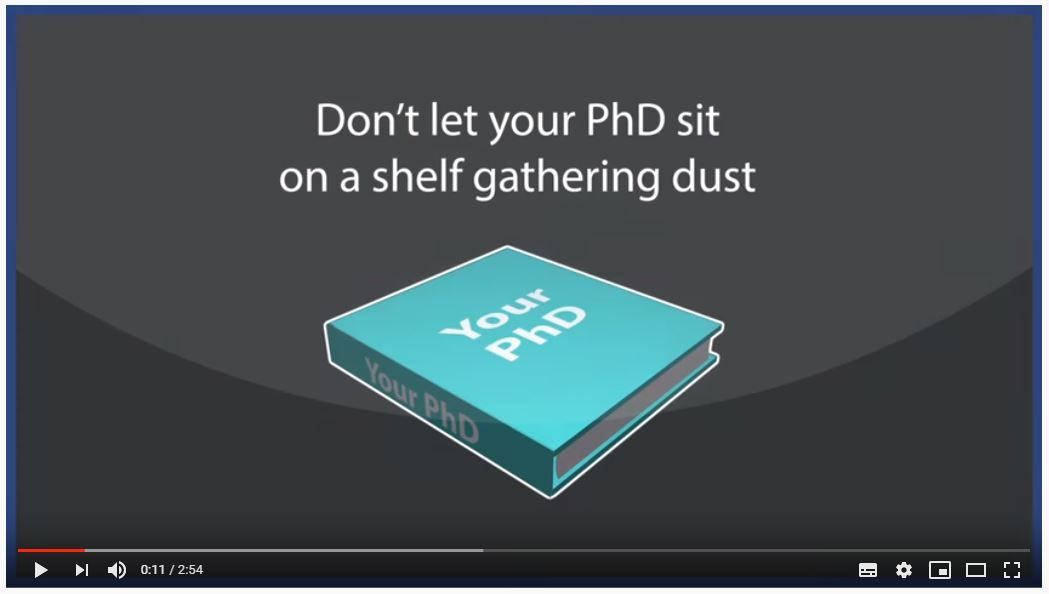How to get started
Your first steps are:
- Finding the right publisher
- Finding the right commissioning editor
- And writing a book proposal
1. Find the right publisher
Start by looking at your reference list and your academic bookshelf. Choose the top 2 or 3 publishers on it, and make these your target.
Check for special sub-imprints where your research would really fit.
2. Find the right commissioning editor
Commissioning editors choose which books will be published. You may find their names on publishers’ websites, or in the “acknowledgements” of recent books. Also, watch for commissioning editors visiting your department or at conferences.
3. Writing your book proposal
Now, write a fantastic book proposal. Your target publisher may have guidelines. But all good proposals cover certain key things:
Short synopsis: The synopsis is 2-5 very persuasive pages about your topic and its importance.
What kind of book will it be: a textbook, an edited collection, or an academic monograph? If a textbook, what learning activities will be included and why?
Marketing section: The marketing section is about who will buy your book and why. What books will yours compete with, and why will it be better or different? Can you do anything special to help sell your book?
Author information: This section is all about you, including information about past publications. Use it to sell the publisher on why they want you as an author.
Outline: List the chapters you will write, with a 2 to 3 paragraph summary of each. Many publishers also like to see a complete sample chapter.
A book needs to be different… Use writing the proposal to think about how you will make your thesis into a book.
Think of it as a story, with a: beginning (topic and literature review) middle (research) and end (results and analysis).
Remember your reader: Also think about your future readers. What extra material will students and non-specialists need?
What terms will need to be explained?
Final steps: Now, send your proposal to your top choice. If you receive a negative reply, try elsewhere, and also ask for feedback from colleagues.
Here’s wishing you success as a future author!





Its helpful